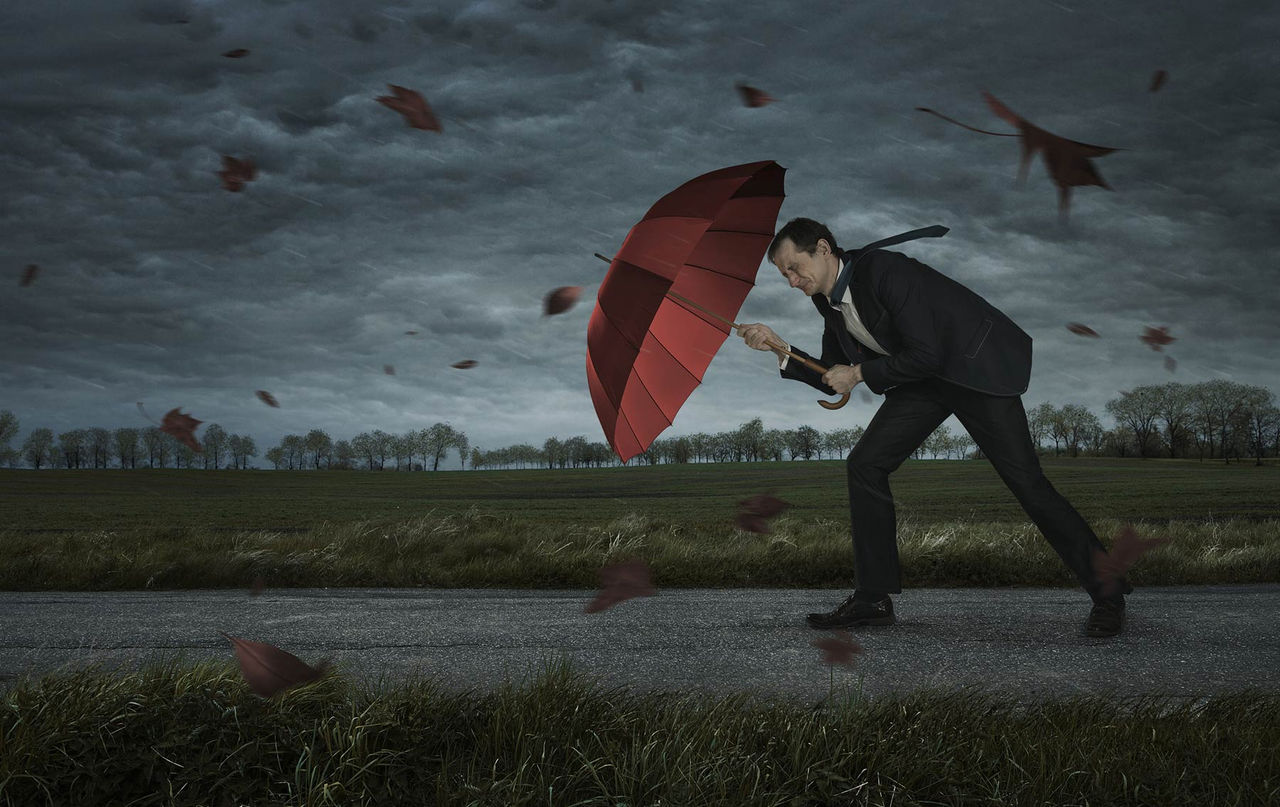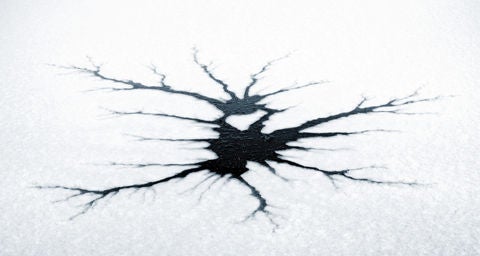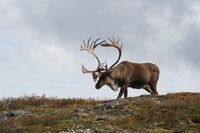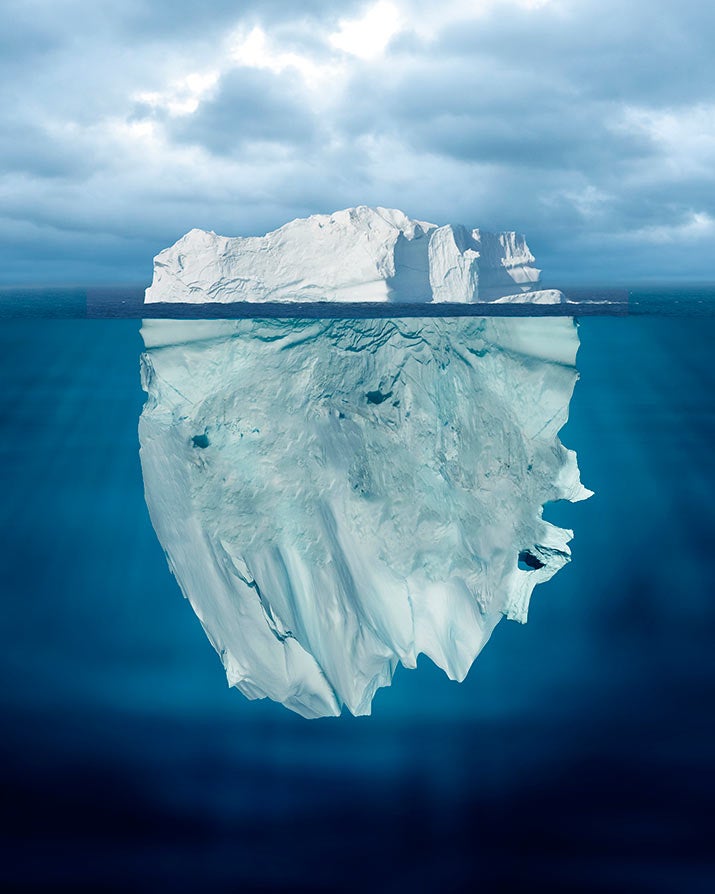Nov 9, 2017
Terri-Lee Reid
2017 has been the year for extreme weather events from hurricanes to forest fires. But are they being caused by climate change?
This has been and continues to be the year for extreme weather events. From hurricanes to forest fires to flooding, it seems we’ve been breaking all kinds of records:
- Hurricane Harvey dumped record breaking amounts of rain. Some areas in southeast Texas received more than 1016 millimetres of rain in less than 48 hours. Cedar Bayou in Houston broke a North American record with a storm total of 1317.75 mm of rain.
- Hurricane Irma was the strongest Atlantic-basin hurricane ever recorded outside the Gulf of Mexico and the Caribbean Sea. It maintained winds of 185 mph or more for 37 hours – more than any other storm on record.
- Spring-time water levels in some areas in Quebec broke all-time records
- British Columbia is having its worst wildfire season ever. Since April 1, 894,491 hectares has burned and it’s not over yet.
Unfortunately, there are more weather events that can be listed and it’s got people asking - are these storms caused by climate change?
The answer is no - after all, wildfires, hurricanes and flooding have occurred throughout history and there isn’t any one specific extreme weather event that scientists can say is because of climate change. However, the scientific consensus is that the effects of climate change are providing just the right elements (warmer oceans and rising sea levels) to make these storms much more devastating than what they otherwise would be.

Hurricanes
Because of climate change, sea levels are rising which makes storm surges worse. Increasing ocean temperatures results in more evaporation which leads to more water in the air which leads to more rain and therefore more chances of flooding.
 Flooding
Flooding
With ocean temperatures rising, there is more evaporation and moist air. With the increased amount of water vapour in the atmosphere, when that energy is released, it can result in torrential rain causing flooding.
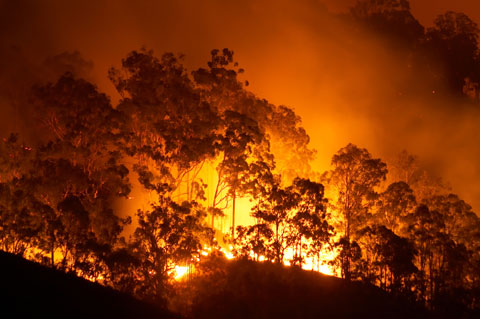 Wildfires
Wildfires
Up until this point we’ve talked about an increase in precipitation, but the opposite can also happen with climate change. Because of higher temperatures and earlier snowmelt, some areas are becoming drier. These conditions combine to form the ideal conditions for making not only more intense wildfires but a longer wildfire season, once a fire is started. Again, it’s lightning or people that “cause” wildfires, but its climate change that exacerbates their risks.
So while climate change isn’t causing these weather events, it’s sure helping to make them more extreme!
- 0
- 1
- 2
- 3
